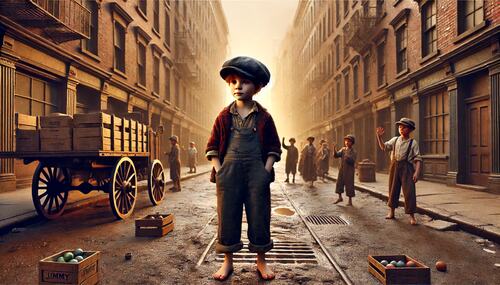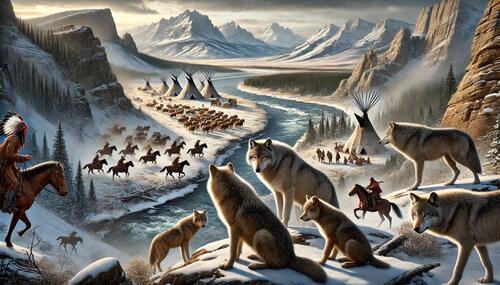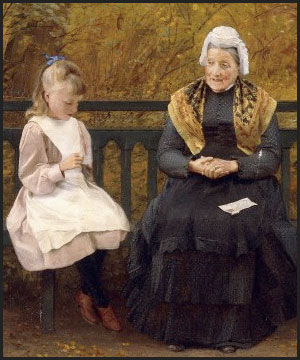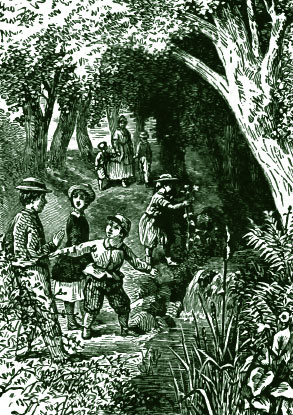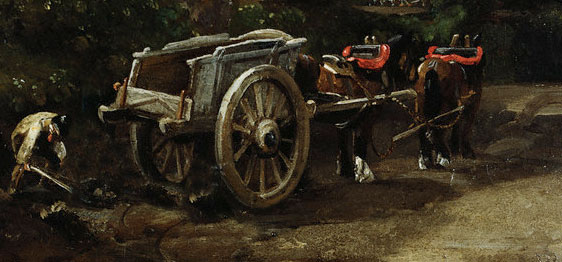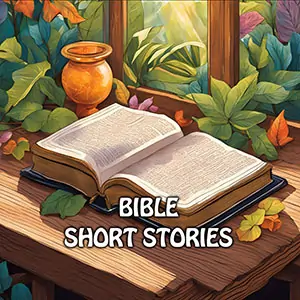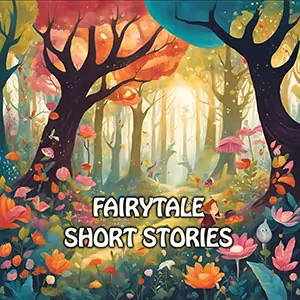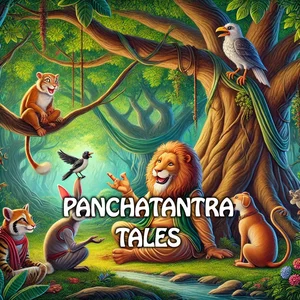Short Stories » A Founder of Ten Towns
A Founder of Ten Towns - Page 4 of 5
The buffalo-trails were many and well beaten. He followed one of them he knew not whither. The herald soon discovered his departure and again followed his friend. Pezpeza was glad to see him fly past and take the lead, as usual.
The trail now led them to the brow of the table - land. Below them, along the river- bottoms, great herds of buffalo grazed among the shady cottonwood groves, and the path led down the slope. It was safer for the little town-maker to get among the big, burly bison, for the wolf does not go among them at such times. It is usually just be- yond the herd that he peeps from behind the hills, watching for a chance to attack an isolated cow.
The buffalo did not pay any attention to the little fellow running on the trail and al- most under their feet. They even allowed the herald to perch upon an old bull's back in order to keep within sight of his friend. Through the great herd the two proceeded. It was hot, and the grass was all eaten off close to the ground. There was no food for the little traveller.
He had descried a fair plateau on the opposite side of the Owl River as he came down the hill, and his mind was fixed upon this land. He was heading for the river, but found himself much hampered by the in- creasing number of the buffalo.
At the edge of the bank which marked the old bed of the stream Pezpeza came to a stand-still. Here the trail entered the woods and the bison followed it in single file. As they skirted the bank they passed so near him that their broad backs were almost within his reach, and some of them stopped for a moment to rub themselves against its steep sides. Finally there came an old bull with horns worn almost to the skull. He stopped just below Pezpeza and dug his stumpy horn into the earth wall, and Pezpeza sprang gently upon his back and flattened himself out as thin as he could.
The bull did not suspect that anything unusual had happened. He supposed that what he felt was merely a lump of dirt that he had loosened with his horns, and off he walked quite unconcernedly on the trail towards the river. Many of his people were already crossing, and he followed them. The herald was perched upon the back of another bull, and so the pair crossed the Owl River.
There was a broad meadow-land through which the trail led up on the other side until it lost itself in a sage-bush plain. Here the bison scattered to graze, and many followed the ravines for better grass. Pezpeza let himself slide from the bull's back, who gave a jump and a snort, but it was too late to enter a protest.
The little town-builder now began his work as faithfully as before, and soon founded another large town. But again the misfortunes of life compelled him and his friend to leave the place. Thus they travelled up the river, now upon one side and now the other, and never more than a day's journey. More than once Pezpeza found a mate, and he raised many a family; but, like a true pioneer, he could never remain long in an old and overcrowded town.
His tenth and last home was the beautiful table-land at the junction of Owl River with Lost Creek. As has been described in the beginning, it was a semicircular plain of large extent and commanded a striking view. At the very head of the embankment, which sloped abruptly down to the river level, there stood a number of large grassy mounds, and among them were several peculiar structures composed of poles placed upright in the
ground with others arranged horizontally so as to form a sort of shelter.
The town-maker gave no serious thought to these things. The grass upon the plateau was excellent, and he set to work at once, selecting a site for his home near the centre of the plain, for greater safety. Every day new-comers came, and it was a source of satisfaction to him that his selection was such as every prairie-dog could not but approve. In a few days the town was fairly started.
There arrived one day a family who took up their claim close by Pezpeza's place. In this family there was a pretty maid, according to Pezpeza's notion and fancy. There was no reason why he should not think so, for he was now a widower, a wolf having carried off his faithful mate of several years' standing. It was soon noticed by the other little people that the pretty maid with garments the color of the buffalo-grass in autumn had gone to live with Pezpeza.
« BackNext »A Founder of Ten Towns - Takeaway for Class 1,2,3
Even a small act of kindness can have a big impact and help many people.
A Founder of Ten Towns - Takeaway for Class 4,5,6
With determination and a vision, even one person can accomplish great things and leave a lasting impact on the world.
A Founder of Ten Towns - Takeaway for Class 7,8,9
Even if you're young and just starting out, kindness, cleverness, and a willingness to help can have a big impact and bring positive changes to many lives.
3 Fun Facts
- The story is about a young boy named Ebuka, who was only seven years old when he had a dream about building ten towns.
- With the help of his friends, Ebuka collected a lot of small twigs and stones to start building his towns in a large field.
- As Ebuka grew up, his dream came true, and he became the founder of ten real towns, inspiring everyone around him with his imagination and determination.
Quiz for Class 1,2,3
- What did the wise old man give to the villagers to help them build houses?
- How did the villagers feel after they built beautiful houses in their town?
- What was the special gift the villagers presented to the wise old man at the end of the story?
Quiz for Class 4,5,6
- What did the little girl Maia decide to do after listening to the story told by her grandmother?
- How did Maia and her friends prepare the ground for their animal-shaped gardens?
- What was the reaction of the townspeople when they saw the animal-shaped gardens created by Maia and her friends?
Quiz for Class 7,8,9
- What problem did the settlers face that was crucial for the development of the ten towns?
- How did the main character contribute to solving the settlers' problem?
- What was the outcome of the main character's actions in terms of the community's growth?
Was this article useful? What should we do to improve your experience? Share your valued feedback and suggestions! Help us to serve you better. Donate Now!
